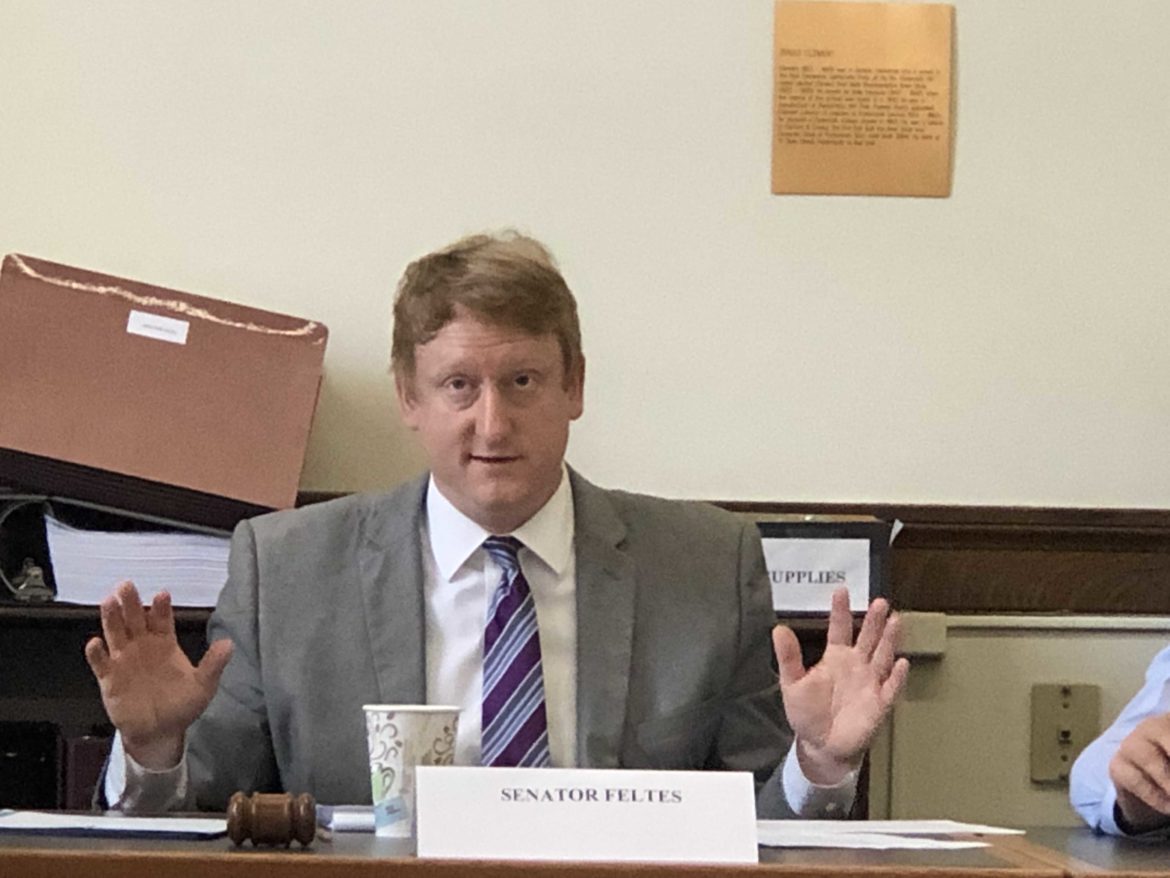By PAULA TRACY, InDepthNH.org
CONCORD – Legislators are nearing an agreement that would suspend rather than terminate the work requirement for those under the expanded Medicaid program until June 2020.
But the whole bill could all be tossed out if the governor vetoes it.
The penalties for failure to meet the 100-hour a month work requirement are scheduled to go into effect this summer.
There are about 50,000 people, some of whom are exempt, who are in the so-called Granite Advantage program, which is the expanded Medicaid program.
A committee of conference for both House and Senate will meet again Tuesday to try to reconcile differences between versions of the bills passed in both House and Senate on Senate Bill 290.
Republican Gov. Chris Sununu has signaled that the work requirement was part of the expanded Medicaid deal agreed to last year by Republicans and Democrats, and if folks getting that benefit do not agree to show they have worked they don’t get to keep it.
Nationally, the work requirement is under fire and litigation is now
underway to determine whether it can continue to be law in this country.
Republican Sen. Jeb Bradley, R-Wolfeboro, who serves on the
committee of conference on this measure, brought in his own amendment.
It says the state commissioner of Health and Human Services may waive the suspension for members under various circumstances including failure to be properly notified of the requirement, lack of transportation, the unavailability of seasonal work and others.
He said an amendment brought by Democratic Sen. Dan Feltes of Concord, which temporarily suspends rather than terminates the work requirement until the next legislative session, is “a step in the right direction,” but he suggested the bill have a specific date on it.
Feltes said his amendment would allow for suspension until June 2020.
He said it would also give the governor broad discretion on oversight, with an eye toward protecting those in the program whose health may be jeopardized by any changes.
Feltes, who chairs the committee of conference, noted that there needs to be a bit of time for members to mull the proposals and suggested it meet at 8:15 a.m. on Tuesday.





